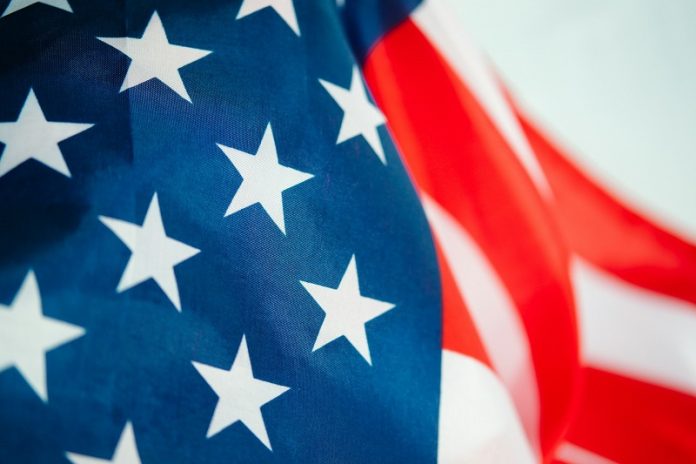
Former President Donald Trump was rushed off stage after an apparent assassination attempt during a campaign rally in Butler, Pennsylvania, Saturday evening.
Gunshots rang out and Secret Service agents immediately surrounded the former president, who had blood dripping from his ear and across his face. He raised his fist as the Secret Service rushed him off the stage.
The alleged shooter was killed and one attendee also died, according to the Secret Service. The suspected shooter fired from “an elevated position outside of the rally venue,” the Secret Service said
James Alan Fox, a Northeastern University professor of criminology, law and public policy, said the incident “will put gun violence as a major issue in [Trump’s] campaign.”
Trump confirmed on social media that he was shot.
The shooter died at the rally, along with a spectator, according to the Butler County District Attorney.
“Nothing is known at this time about the shooter, who is now dead. I was shot with a bullet that pierced the upper part of my right ear,” Trump said in a statement on his Truth Social account.
“I knew immediately that something was wrong in that I heard a whizzing sound, shots, and immediately felt the bullet ripping through the skin. Much bleeding took place, so I realized then what was happening. GOD BLESS AMERICA!”
Costas Panagopoulos, head of Northeastern’s political science department, said the incident is a reminder that “there is no place for political violence in our country, and also of just how divided the country is along partisan and ideological lines.”
Steven Cheung, a spokesperson for Trump, said in a statement that the former president was “fine and is being checked out at a local medical facility.”
Fox, who presides over the Associated Press/USA TODAY/Northeastern University Mass Killings Database, the longest-running and most extensive data source on the subject, said he thinks the incident should make gun control a major campaign issue.
“We’ve had similar incidents with the attempt on Reagan’s life and the Giffords shooting, and each time it brought the issue of gun violence to the surface, and I hope it does here,” Fox said.
President Ronald Reagan was the last U.S. president shot.
U.S. Rep. Gabby Giffords and 18 others were shot during a constituent meeting held in a supermarket parking lot in Casas Adobes, Arizona, on Jan. 8, 2011.
Trump has pledged to the National Rifle Association that if he were to be elected he would reverse gun restrictions put in place by the Biden administration.
“The Republican party has been rather reluctant to back sensible gun control measures,” Fox said. “Their party leader has been shot. Fortunately, he didn’t get mortally wounded, but it certainly should help them reconsider some of their stances on sensible gun safety measures.”
Politically, the shooting could potentially be damaging for Trump “because many believe he has stoked the fires of political violence and division for political advantage, exacerbating polarization in America with incendiary rhetoric,” Panagopoulos said.
The incident could also “engender sympathy for Trump, who is clearly as vulnerable to political violence and extremism as anyone,” he continued.
Reagan was shot about two months after being sworn into office. While leaving the Hilton Hotel in Washington, D.C., on March 30, 1981, Reagan was shot by John Hinckley Jr. Hinckley fired a .22 caliber revolver with “devastator” bullets.
Reagan was struck under the left armpit when one of the bullets ricocheted off the limousine. Press Secretary James Brady, a Secret Service agent and police officer were also wounded. Reagan began to cough up blood and he was taken to George Washington University Hospital, where he spent 12 days recovering.
Presidential candidate Robert F. Kennedy was fatally shot by Sirhan Sirhan on June 5, 1968, while campaigning in Los Angeles. Kennedy had addressed supporters in the Ambassador Hotel’s Embassy Ballroom and while exiting the hotel through a kitchen hallway, he was mortally wounded by several shots fired by Sirhan. Kennedy died the next day.
President John F. Kennedy, Robert’s older brother, was assassinated five years earlier in Dallas, Texas. On Nov. 22. 1963, JFK was shot and killed as he rode in a motorcade in downtown Dallas.
“In America, we don’t solve our political problems using violence,” Panagopoulos said. “We do so at the polling booth.”
President Joe Biden addressed the country in the aftermath, strongly condemning “political violence.”
“Everyone must condemn it — everyone,” Biden said.
Written by Cesareo Contreras and Tanner Stening



